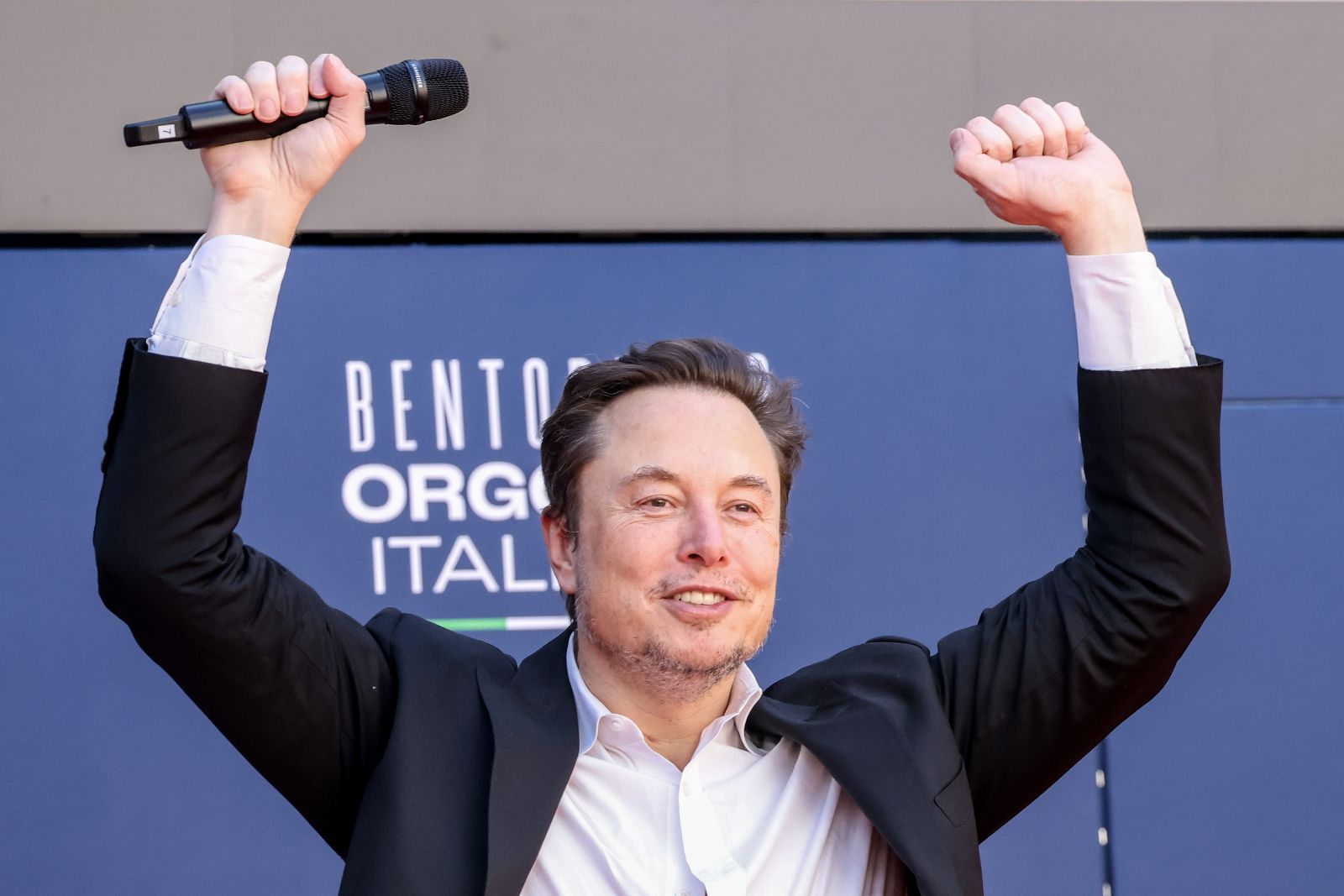
Elon Musk, the visionary entrepreneur behind Tesla (TSLA), SpaceX, Neuralink, and The Boring Company, has strong opinions on how to tackle complex challenges. One of his most notable principles of leadership is summarized in his quote: “It is a mistake to hire huge numbers of people to get a complicated job done. Numbers will never compensate for talent in getting the right answer, will tend to slow down progress, and will make the task incredibly expensive.”
This philosophy has shaped how Musk approaches team-building in industries where speed, efficiency, and innovation are critical.
The Case for Lean, Talented Teams
Musk’s statement reflects his belief in quality over quantity when assembling teams to solve complex problems. Rather than hiring large groups of mediocre talent, he prioritizes assembling small, highly skilled teams that can move quickly and make informed decisions. For Musk, the right individual with deep expertise can often achieve more than an entire team of less-qualified workers.
This principle is evident in how Musk’s companies operate. SpaceX, for example, tackled the monumental task of developing reusable rockets with a relatively small, focused team compared to traditional aerospace giants. Similarly, Tesla achieved breakthroughs in electric vehicle technology with a lean workforce during its early years, relying on ingenuity and resourcefulness rather than sheer manpower.
The Downsides of Overstaffing
Musk’s aversion to overstaffing stems from the inefficiencies it can create. Larger teams require more coordination, leading to slower decision-making and potential bottlenecks. Additionally, in high-pressure environments, communication overhead can lead to confusion, misalignment, and diminished accountability.
This principle was evident in Musk’s criticism of traditional aerospace companies. SpaceX has consistently outpaced its competitors by maintaining a culture of agility and innovation, whereas larger organizations often face challenges with bureaucracy and inefficiency.
Lessons for Entrepreneurs and Managers
Musk’s philosophy offers a valuable lesson for startups and organizations: adding more people to a project isn’t always the solution. Instead, focusing on hiring the right talent—individuals who are not only skilled but also aligned with the company’s mission—can lead to better results and faster progress.
For entrepreneurs, this mindset encourages thoughtful hiring practices. It’s better to wait for the right hire than to rush and bring on individuals who may not contribute meaningfully to the team. Leaders should focus on building a culture where a small group of talented individuals can thrive and innovate.
Balancing Talent and Resources
While Musk champions lean teams, his philosophy doesn’t ignore the importance of resources. The challenge is striking the right balance: ensuring teams have the tools and support they need without overburdening them with unnecessary personnel or overhead. For Musk, the goal is efficiency—delivering results with the fewest resources necessary.
This principle is particularly relevant in today’s competitive business landscape, where companies must move quickly to stay ahead. Musk’s approach demonstrates that small, nimble teams can outperform larger, slower-moving organizations when armed with the right expertise and a clear mission.
A Broader Implication
Musk’s insights extend beyond business and engineering. His approach to problem-solving reflects a broader principle: complex challenges are best tackled with focus and precision, not brute force. Whether designing rockets, scaling electric vehicle production, or digging tunnels for high-speed transit, Musk has consistently shown that small, skilled teams can achieve extraordinary outcomes.
By prioritizing talent and efficiency, Musk has not only built successful companies but also redefined what’s possible in industries that once seemed impervious to disruption. His leadership style serves as a blueprint for anyone looking to solve the world’s toughest problems with limited resources and maximum impact.







